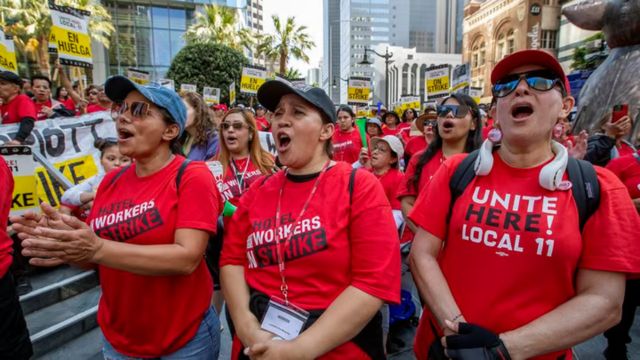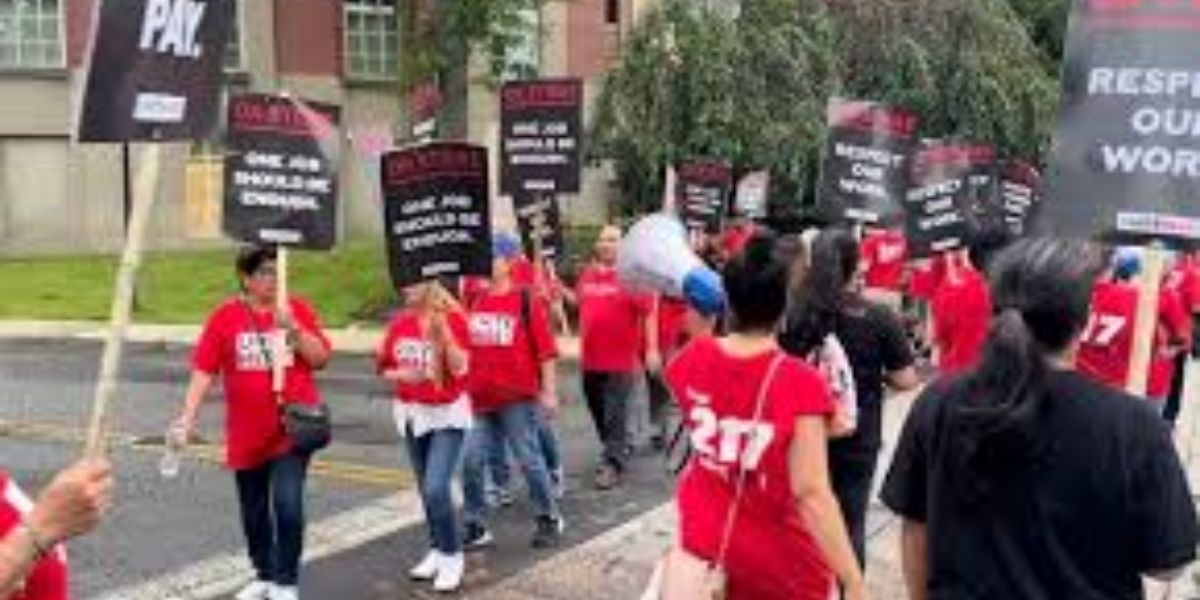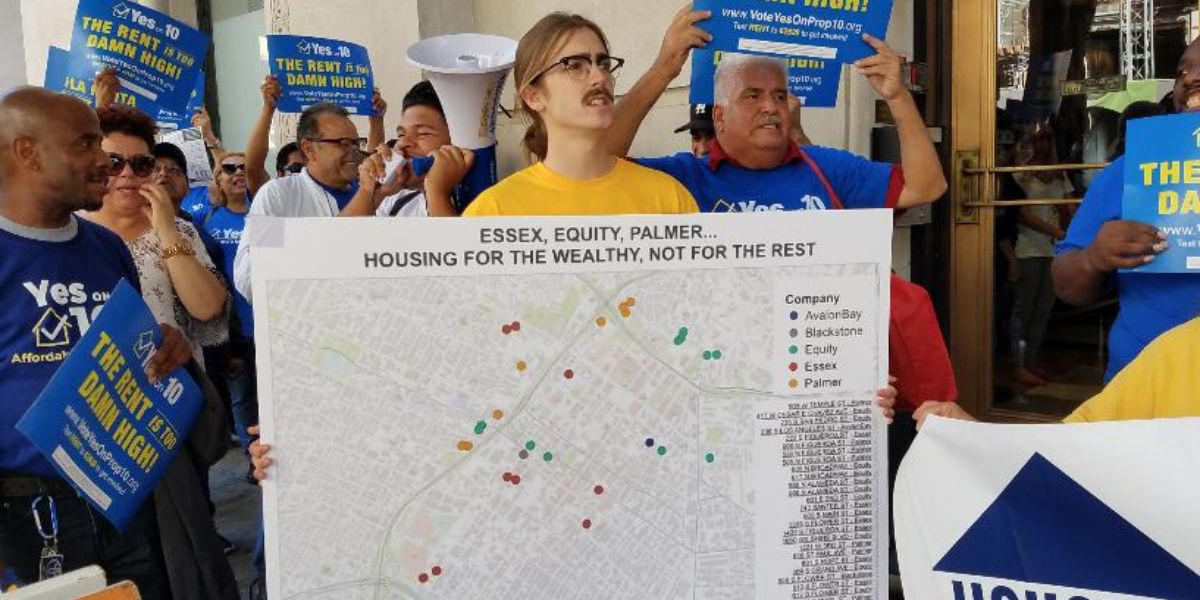MJP –
Labor strikes involving thousands of hotel workers have stretched beyond a month in some of the nation’s most popular tourist destinations, with no resolution on the horizon.
More than 5,000 workers from hotels including Marriott, Hyatt, Hilton, and Omni are striking in cities like Boston, Honolulu, San Francisco, and Seattle.
While some earlier demonstrations were brief, lasting only a few days, the ongoing strikes have become indefinite. Workers are vowing to remain on strike until new contracts are agreed upon.
Unite Here chapters, representing a range of hotel staff such as housekeepers, front desk agents, and bartenders, have been pushing for improved wages, better working conditions, and stronger employee protections. Many of these labor contracts expired on August 31, fueling the nationwide protests.
In recent weeks, a wave of strikes has swept through major U.S. cities, with hotel workers leading the charge for better wages, improved working conditions, and job security. The movement has gained significant momentum, impacting cities like Boston, Honolulu, and various locations across California. As hotel workers unite to demand change, their actions are drawing attention to the broader labor movement and its significance in today’s economy.
The Reasons Behind the Strikes
The surge in strikes is fueled by a combination of factors. Many hotel workers are advocating for higher wages that reflect the rising cost of living, particularly in urban areas. With inflation affecting everyday expenses, workers argue that their pay should keep pace. Additionally, concerns about job security and the lack of adequate health benefits have heightened tensions, leading to organized walkouts.

In Boston, hotel workers have expressed frustration over stagnant wages and insufficient benefits, particularly as tourism rebounds post-pandemic. Similarly, in Honolulu, the hospitality industry is a significant part of the local economy, and workers are calling for fair compensation and working conditions that prioritize their well-being.
Solidarity and Organization
The strikes have showcased the power of collective action. Workers are joining forces with unions to amplify their voices and demands. In cities like Boston and Honolulu, local union chapters have mobilized to provide support and resources for striking workers, emphasizing the importance of solidarity in the labor movement.
Cutting Job Speedly! Major Supplier to McDonald’s Announces Layoffs of 400 Employees
Protests and picket lines have become common sights outside major hotels, where workers chant slogans and hold signs advocating for their rights. These demonstrations are not only raising awareness about their specific issues but also highlighting the challenges faced by many in the service industry.
National Implications
The strikes in these major cities are part of a larger trend seen across various industries in the United States. From healthcare workers to educators, employees are increasingly willing to stand up for their rights and demand better treatment.
This growing labor movement signifies a shift in attitudes, with many workers feeling empowered to advocate for their needs and push back against what they perceive as exploitative practices.
As more workers join the movement, the potential for change becomes greater. Industry leaders and policymakers are taking notice, and discussions about fair wages, job security, and workplace conditions are moving to the forefront of national conversations.
The Future of the Labor Movement
As the strikes continue, hotel workers and their allies remain committed to their cause. With the backing of unions and community support, they are determined to achieve their goals. The ongoing protests serve as a reminder of the essential role that service workers play in the economy and the importance of treating them with dignity and respect.
The outcome of these strikes could have lasting implications not only for hotel workers but for the labor movement as a whole. As workers across the country stand up for their rights, the momentum behind this movement is likely to grow, pushing for reforms that could reshape the future of work in the United States.
In conclusion, the strikes by hotel workers across major U.S. cities reflect a critical moment in the labor movement, emphasizing the need for fair treatment, better wages, and improved working conditions. As the movement gains traction, it highlights the power of collective action and the ongoing fight for worker rights in a changing economy.




